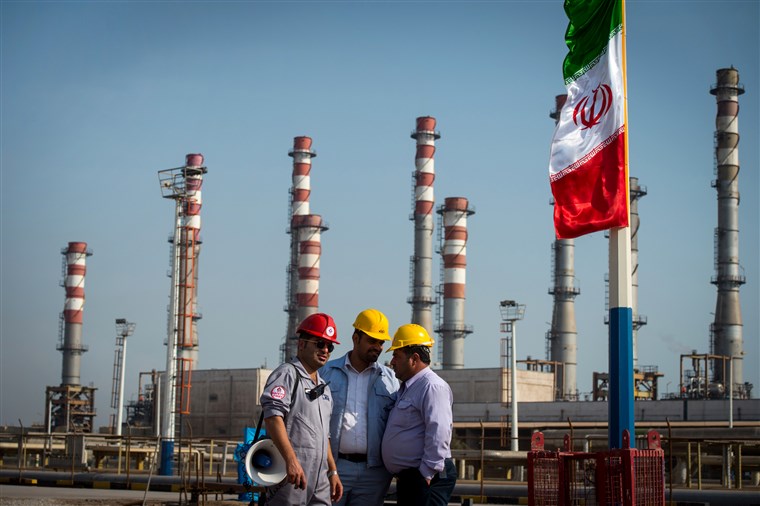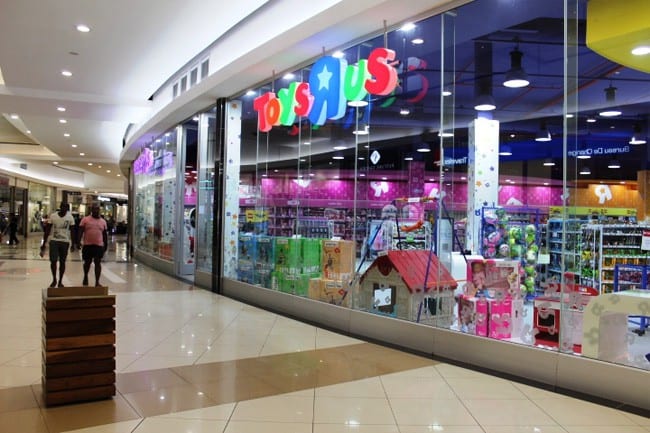
Energy expert Tom Kloza expects oil prices to resume rallying on renewed hostilities with Iran.
But Kloza, who runs global energy analysis for the Oil Price Information Service, believes the bullish activity is temporary.
“We’re in the seventh or eighth inning of a rally that’s sustainable,” he told CNBC’s “Trading Nation” on Tuesday. “I’m pretty confident that we’re going to exit the year at a much lower number.”
WTI crude and Brent fell about 1% on Tuesday. The commodities returned to levels seen before last Thursday’s U.S. airstrike that killed a top Iranian commander.
But that doesn’t mean there’s no gas left in the canister. He believes oil prices could rise another $5 a barrel this week.
“We need to be on guard for attacks like [what] occurred in mid-September at Abqaiq which was the Saudi facility,” he said. “A $70 handle is always possible for a short period of time.”
However, his biggest concern in connection to rising Mideast tensions would have the opposite effect on oil prices.
“I’m a little bit more worried about if there are soft targets or targets that have to do with transportation,” added Kloza. “It doesn’t take much to spook Americans into not driving. It doesn’t take much to spook the Western world or even emerging markets to lay off of the transportation.”
In 2014 when oil was trading in the mid-$70s a barrel, Kloza predicted the it would collapse to $35 in 2015. Thirteen months later, his forecast was a reality.
Now, he’s predicting a front-loaded year with the highest oil prices happening now. Kloza cites seasonal trends as the biggest driver and President Donald Trump’s objective to keep fuel prices low ahead of the election.
“I don’t think this president will tolerate $70-plus crude or $3-plus [a gallon unleaded] gasoline in red states,” he said.
By the end of the year, he estimates WTI crude and Brent will be in the mid-$50s a barrel range — a 10% to 20% drop from current levels. And, that should translate into cheaper fuel at the pumps.
“This should be another year of cheap gas,” Kloza said. “The last year of very expensive fuel was really 2014, and we’re not going to see a repeat of those numbers we saw after the Arab Spring.”























